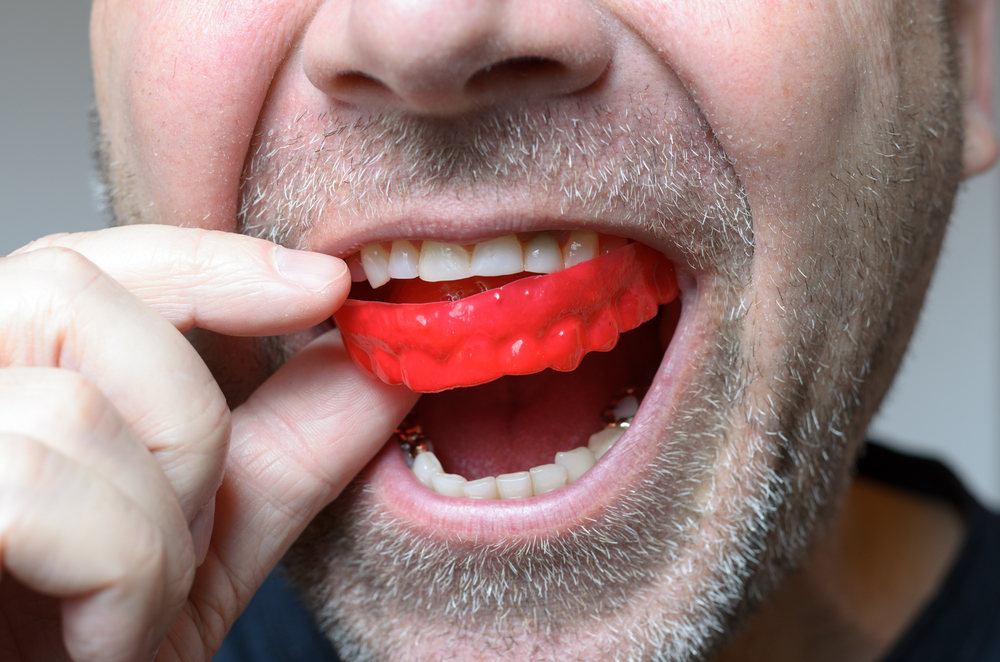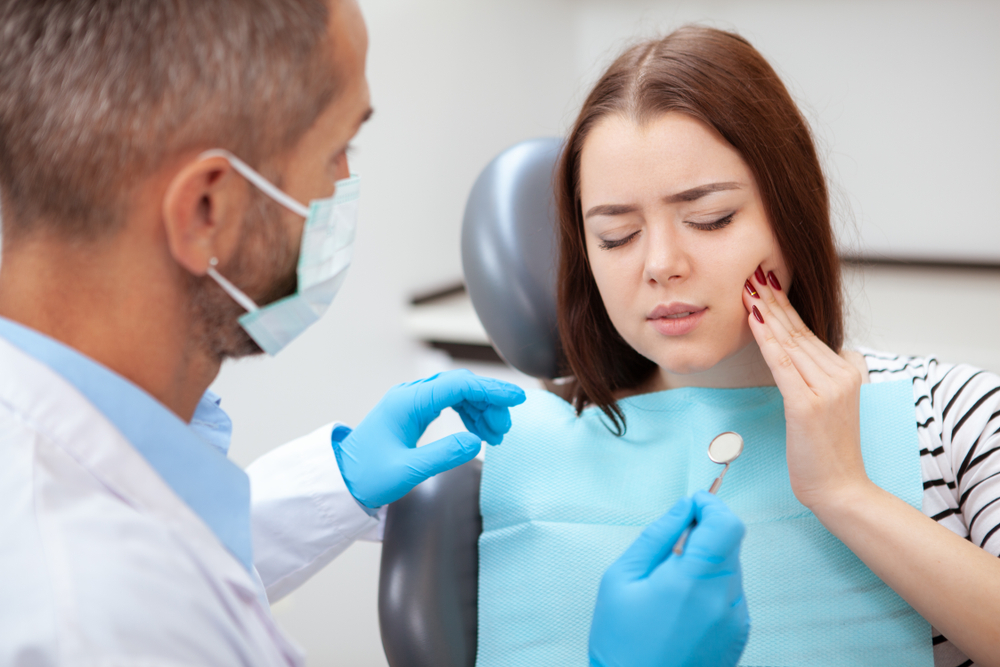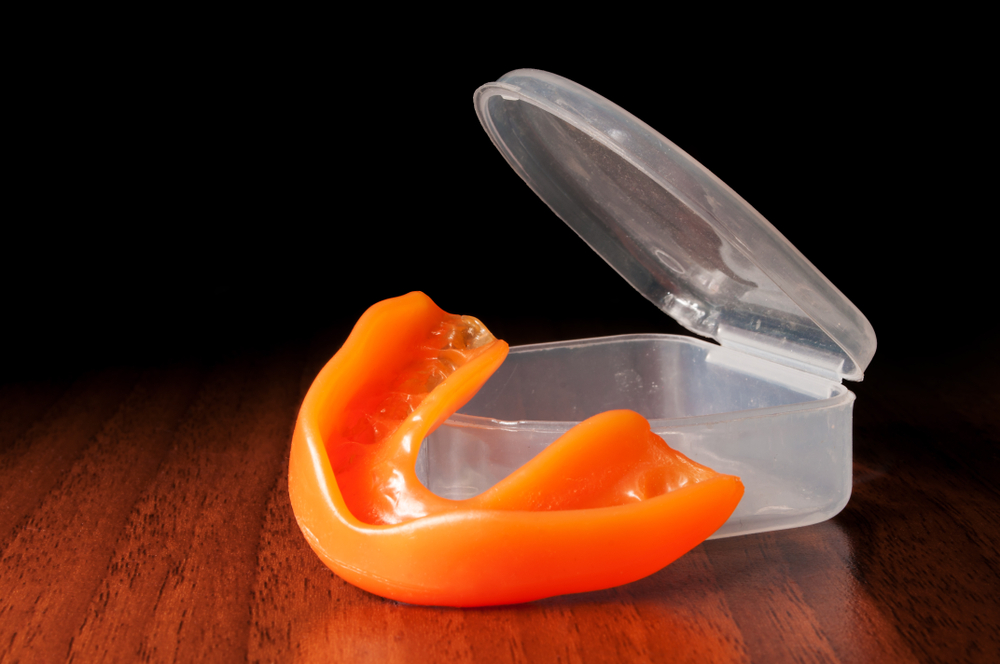What Type Of Mouthguard Is Best For You?
The Australian Society of Orthodontists recommend wearing mouthguards as dental-related injuries are among the most common injuries experienced by athletes.
If you are in any way involved in physical sports activities you probably already know the importance of wearing a mouthguard to protect your teeth, jaw, and head from injury, but what type of mouthguard is best for you?
Choosing the right mouthguard for your type of sport that fits well and is comfortable to wear is essential but will any mouthguard do?
While pre-made mouthguards are readily available at many sporting goods stores, a custom-designed guard specially designed by a dentist and moulded to fit your mouth perfectly will provide the best protection against mouth and head injuries.
How does a Mouthguard Protect from Injury?
Anyone who takes part in any kind of sport that may involve physical injury should wear a mouthguard. In the same way that a helmet protects the head from injury, a mouthguard covers the teeth, jaw, and gums to prevent injury.
Not only does it absorb the shock of physical impacts, but it also offers support to the head and helps to protect the brain from injury when you get hit in the jaw, even if you are wearing a helmet.
That is why you often see boxers wearing mouthguards in addition to helmets.
How to Choose the Best Mouthguard
The range of mouthguards is constantly expanding to meet the diverse needs of people involved in different types of sporting activities. This can make it confusing to determine which mouthguard will be the best for you or your child’s sporting requirements.
Having the right information will help you make a better-informed decision and in this blog, we aim to help you do just that.
Types of Mouthguards
Basically there are three types of mouthguards available:
1. Pre-formed or Ready to Wear
This is the simplest type that can be found at many sporting goods stores or even at chemists and supermarkets that stock sports accessories. This option is convenient, affordable and ready to use immediately.
However, ‘one size fits all’ guards won’t fit well and can make it difficult to breathe and talk while playing. In addition, a bad fit may not protect the teeth properly and add to the risk of injury.
2. Boil and Bite
This may be a slightly better option as it is made of a material that can be softened by pouring boiling water over it. By biting into the guard while it is soft it will mould around your teeth providing a better fit than the basic pre-formed type.
3. Custom Made
This type of guard provides the best fit and protection as it is formed by taking an impression of your mouth and creating an exact mould that fits perfectly and comfortably.
Custom-Fit Mouthguards
• Aero Mouthguards
If you are looking for a mouthguard that allows maximum airflow for sports activities like basketball or netball this is a great option.
These types of sports typically require less protection than, for example, football or rugby, but still require oral protection as significant injuries can still occur.
The thinner design is less visible, provides improved breathing, and is well suited for athletes who require a less bulky mouthguard than standard versions.
• Starter Mouthguards
Starter guards are typically recommended for children as they are more affordable and suitable for sports like hockey and football at school level. The single-layer design is thicker than the Aero guard and comes in different colours.
• Pro Mouthguards
A pro guard is recommended for sports like Aussie rules, rugby league, or hockey. The dual-layer protection offers superior protection and comfort for the next level of sports to maintain a high level of protection during play.
• Extreme Mouthguard
The Xtreme option with dual-layer protection is the thickest mouthguard suitable for athletes who take part in high contact sports such as kickboxing, boxing, and rugby where an injury is more like to occur from impact to the face.
The best type of mouthguard for you is one that is custom-designed to fit your mouth perfectly, is comfortable to wear, and allows you to breathe and talk naturally while playing. It is also important to wear the right thickness for your type of sport for maximum protection.
Custom-made mouthguards cost more than pre-made options, however, they are the preferred option for those who want the best mouth and jaw protection while playing their favourite sport.
Are you searching for a reliable dental clinic in Taylors Lakes for a custom made mouthguard or other dental procedures? If so, then look no further than Gardens Dental.
Gardens Dental offers a full array of dental services in Taylors Lakes and Caroline Springs to help you and your family maintain healthy teeth.
To learn more about our services or make an appointment, please contact us today on (03) 9449 2626 or through our website.



